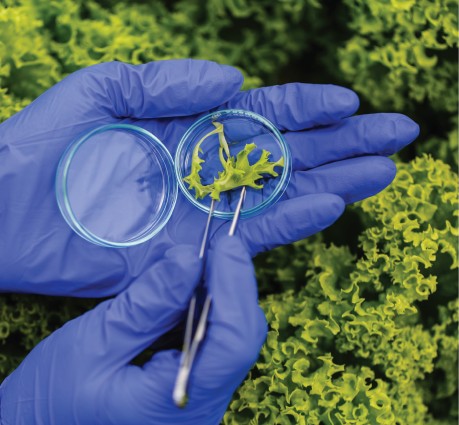M.Sc. (Ag.) in Horticulture (Vegetable Science) is a two-year post-graduation programme that includes the study of production technology as well as the processing of vegetable crops like potato, tomato, chilli, brinjal, garlic, onion, basella, lettuce, spinach, broccoli, cauliflower, cabbage, drumstick, etc. It also includes the development of field, laboratory, and documentation facilities for research on vegetable crops. Along with the improvement of the cool season, warm season, and underutilised vegetable, spice, and post-harvest technology, as well as other horticulture crops, we are also aiming for the improvement and overall development of the entire horticulture field in Madhya Pradesh through the implementation of various schemes.
Duration of programme
Level of Study

Advancing Vegetable Crop Genetic Enhancement Trends
Researching Horticulture Challenges in Vegetable Crops
Promoting inclusive, sustainable vegetable agriculture services
Boosting National Development Through Innovative Vegetable Management
B.Sc. in (Agriculture), or any other relevant equivalent degree
enquiry-form